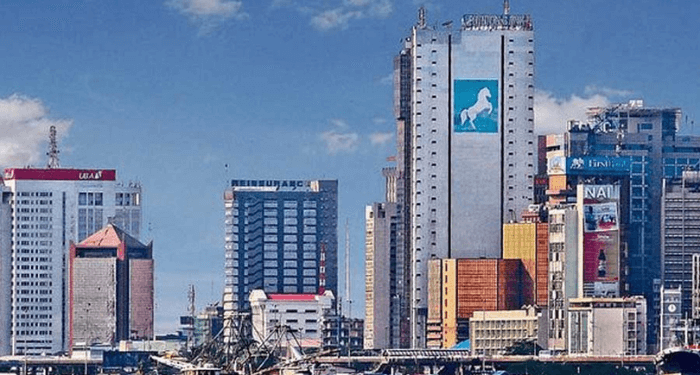Multinationals Exit Nigerian Operations to Limit FX Exposure
However, they still retain their local assets to tap the opportunities in the Nigerian market.
- Advertisement -
Multinationals are exiting Nigerian operations on the back of dollar crunch and currency woes which have dampened their appetite to invest in Africa’s most populous nation.
However, they still retain their local assets to tap the opportunities in the Nigerian market.
- Advertisement -
Procter & Gamble, once United States’ biggest non-oil investment in Nigeria, exited its $300 million manufacturing operations in Agbara, Ogun State, in 2017. However, the assets are now used for imports.
- Advertisement -
“We have announced that we will turn Nigeria into an import-only market, effectively dissolving our footprint on the ground in Nigeria and reverting to an import-only model,” Andre Schulten, chief financial officer, P &G, said at the Morgan Stanley Global Consumer & Retail Conference in New York in December 2023.
In one year, at least nine multinationals exited their on-ground operations in Nigeria, reducing foreign investment inflows and jobs, while dampening the nation’s $1 trillion gross domestic product (GDP) target.
Multinationals import their raw materials in dollars and also service their dollar debts.
They have huge foreign exchange liabilities exposure, said Muda Yusuf, founder and chief executive officer of the Centre for the Promotion of Private Enterprise (CPPE), in a Monday interview.
“Lots of them import their raw material and borrow abroad. This makes them have liabilities in dollars and when it comes to servicing the debt and paying for raw materials, it becomes difficult with the naira devaluation,” he said.
Yusuf noted that major shareholders of multinationals are overseas and are being paid returns in foreign currency.
- Advertisement -
He added that owing to the sharp depreciation of the naira, profits from Nigerian businesses have become insignificant when compared with others peers.
Naira has lost about 70 percent of its value under President Bola Tinubu’s administration and averaged N1,511.34/$ at the Investors and Exporters window this year, according to data on the Central Bank of Nigeria’s website. It slipped to more than 8 percent on Wednesday to 1,699 to a dollar, according to data by the FMDQ.
Dollar supply fell by 14.34 percent to $176.45 million on Wednesday, down from $181.86 million recorded on Monday at NAFEM.
Businesses are seeking to limit their exposure to the dollar to stay afloat.
Some of the world’s biggest businesses operating in the country have headed for the exit door, essentially giving up on a market where headline inflation stood at 32.15 percent in August and has eroded consumer spending power.
Microsoft Nigeria, Total Energies Nigeria, PZ Cussons Nigeria PLC, Kimberly-Clark Nigeria, Sanofi-Aventis Nigeria Ltd, Equinor Nigeria and Diageo PLC, and Unilever have left their on-ground operations since Tinubu took office.
This is not the first time manufacturers have struggled to get dollars from Africa’s biggest oil producer for their operations but this is the steepest and most volatile in the last decade.
Data from CBN show that in 2023, the naira averaged N645.19/$, as against N425.98/$ and N408.96/$ in 2022 and 2021 respectively. In 2020, the naira averaged N382.18/$.
Source:norvanreports.com
- Advertisement -


